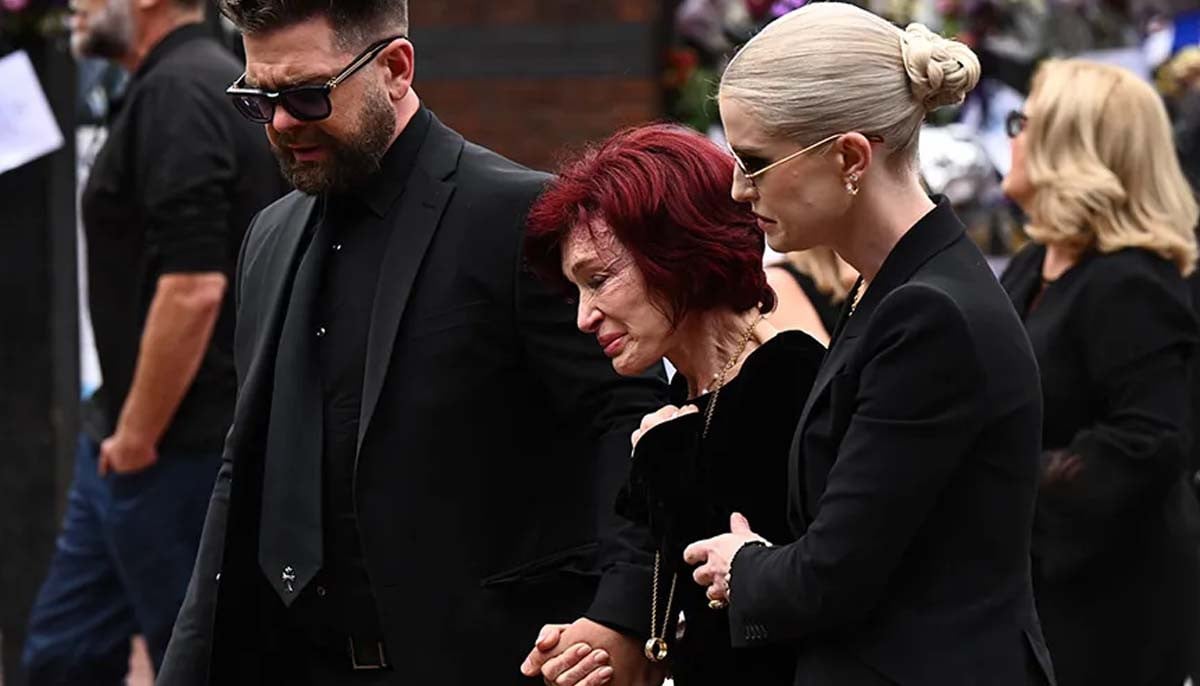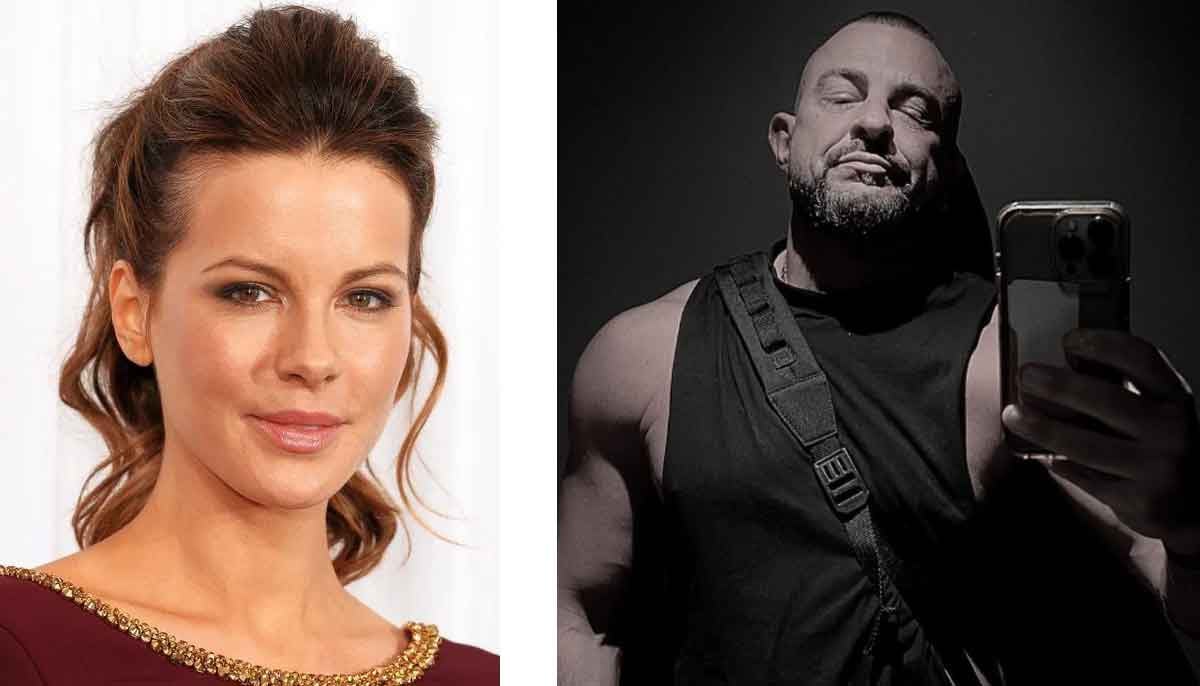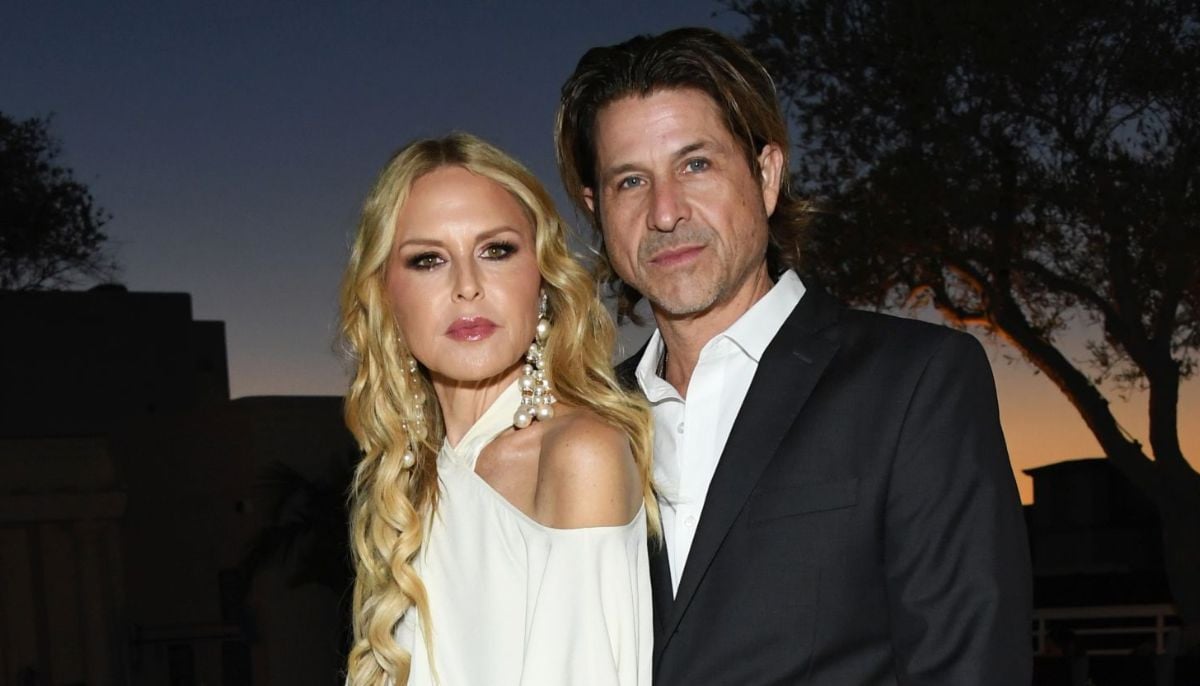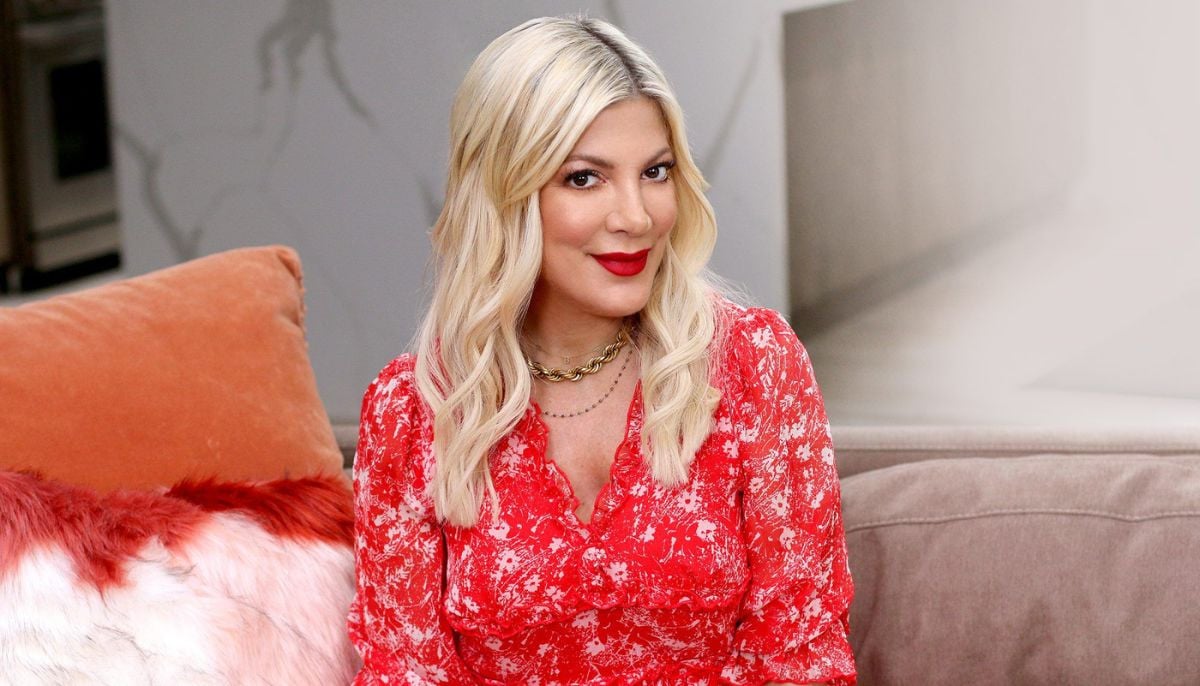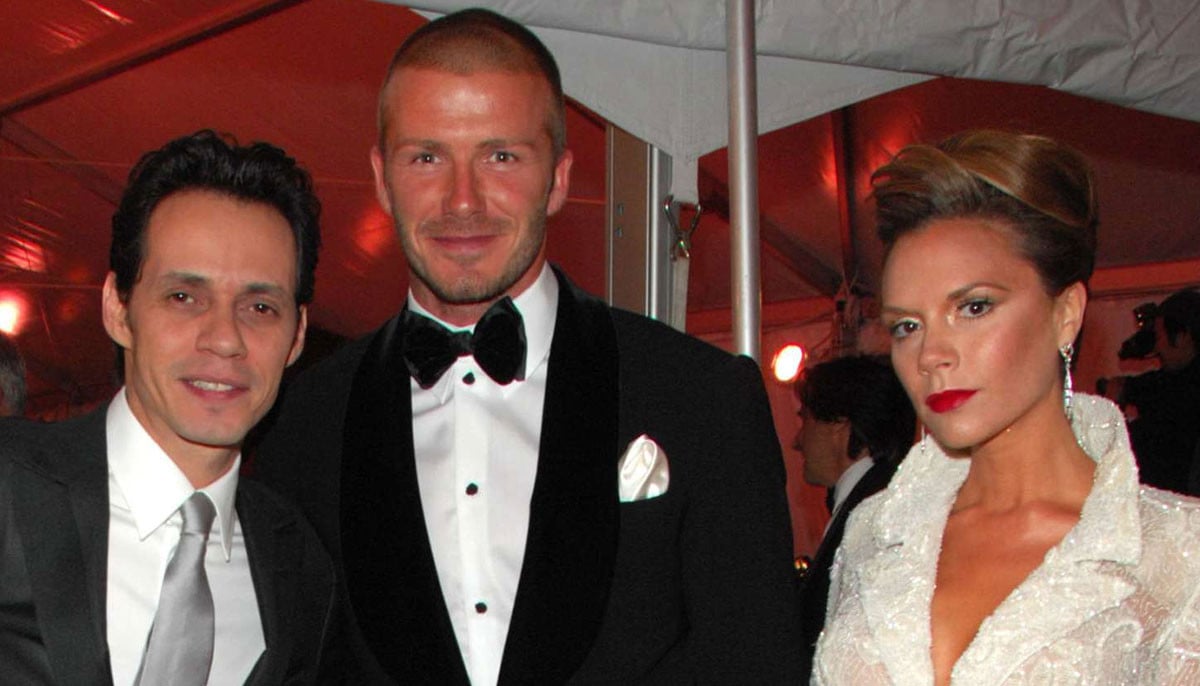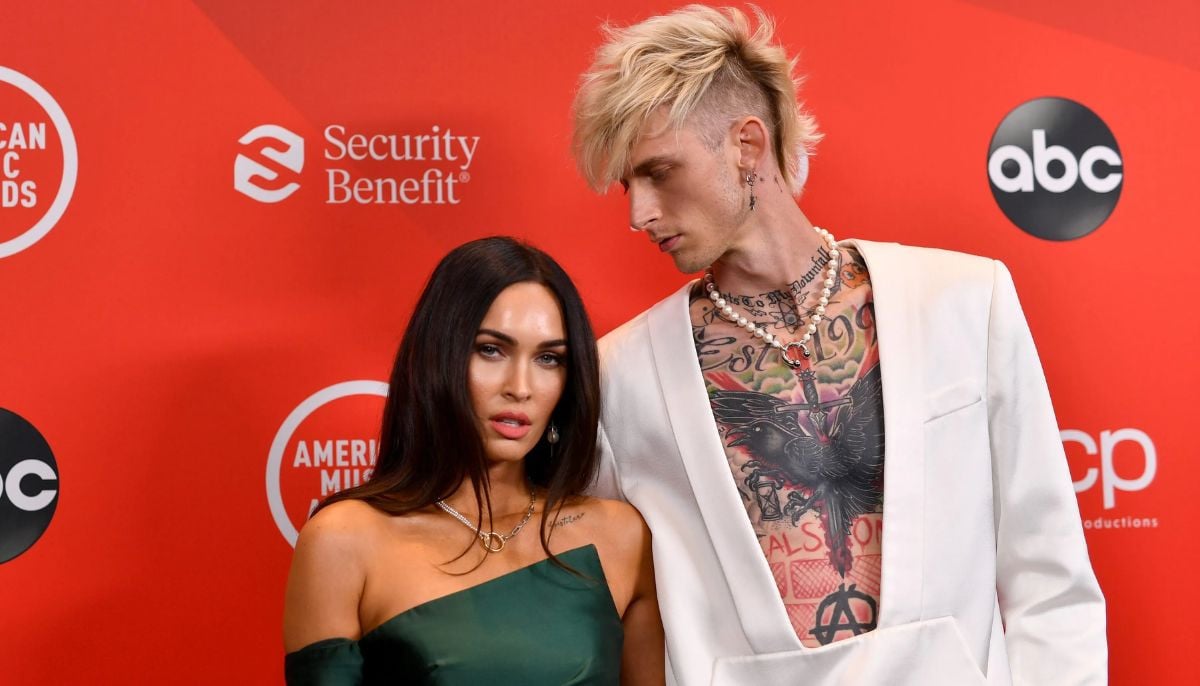Amber Heard op-ed fixed by Washington Post after jury verdict
Amber Heard and Johnny Depp sued each other for defamation
Amber Heard op-ed for the Washington Post, accusing Johnny Depp of being domestically violent, has been updated.
An new version of the op-ed dropped on Thursday, adding a special editor's note.
The digital update read: "In 2019, Johnny Depp sued Amber Heard for defamation arising out of this 2018 op-ed. On June 1, 2022, following a trial in Fairfax County, Va. Circuit Court, a jury found Heard liable on three counts for the following statements, which Depp claimed were false and defamatory: (1) 'I spoke up against sexual violence — and faced our culture's wrath. That has to change.' (2) 'Then two years ago, I became a public figure representing domestic abuse, and I felt the full force of our culture's wrath for women who speak out.' (3) 'I had the rare vantage point of seeing, in real time, how institutions protect men accused of abuse.' The jury separately found that Depp, through his lawyer Adam Waldman, defamed Heard in one of three counts in her countersuit."
Legal analyst Emily D. Baker tells PEOPLE she thinks it's a "smart move" for The Washington Post to add an editor's note.
"Because this case is so watched and commented on, I think the op-ed is still needed for context. I appreciate that they put up the notice rather than take the op-ed down. And I appreciate that they included, with specificity, exactly the statements that were found to be defamatory."
"It would have been easier to just take it down and say nothing. But I appreciate they're saying, 'Anyone who's reading this, this is what happened,' " added Baker.
However, professor Roy Gutterman terms the update as a 'shocking move'
"At this point it is difficult to assess the long-term effect this decision will have on defamation law and whether it will chill future speakers and writers from addressing potentially controversial issues. I think it might have a chilling effect," said Gutterman.
-
Rachel Zoe shares update on her divorce from Rodger Berman
-
Kim Kardashian officially takes major step in romance with new boyfriend Lewis Hamilton
-
Tori Spelling feels 'completely exhausted' due to THIS reason after divorce
-
Ed Sheeran, Coldplay caught up in Jeffrey Epstein scandal
-
Paul Anthony Kelly reveals how he nailed voice of JFK Jr.
-
Victoria, David Beckham react to Marc Anthony defending them amid Brooklyn drama
-
Victoria Wood's battle with insecurities exposed after her death
-
Megan Fox 'horrified' after ex-Machine Gun Kelly's 'risky behavior' comes to light

